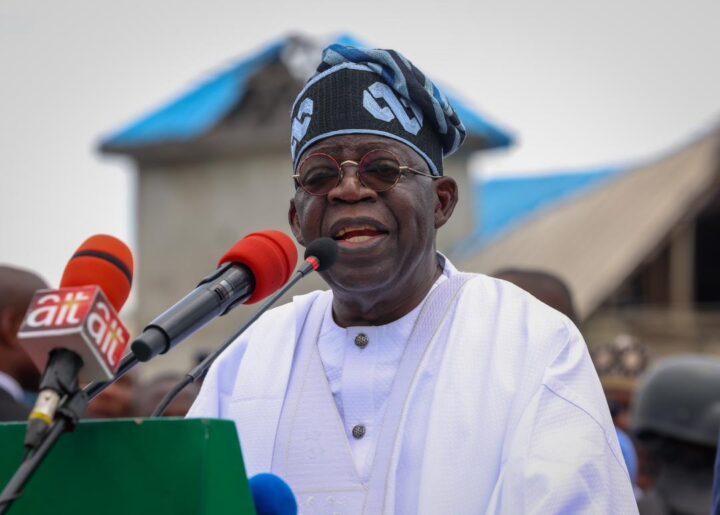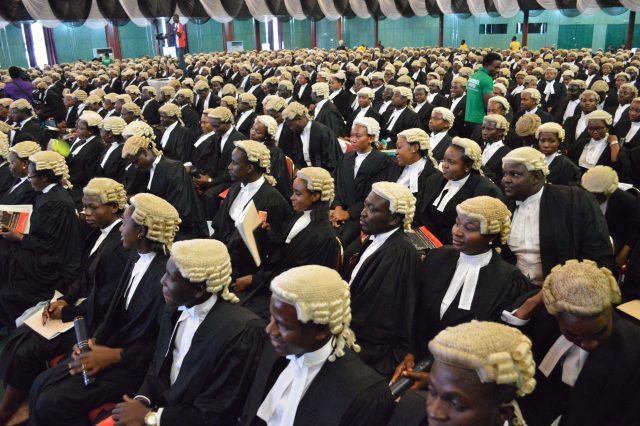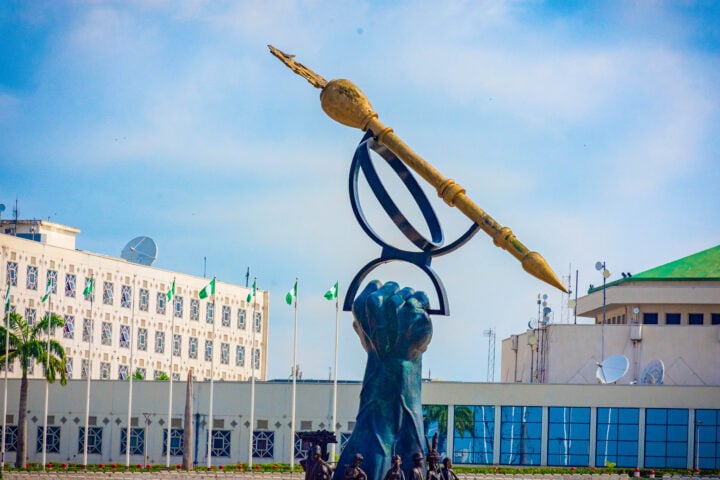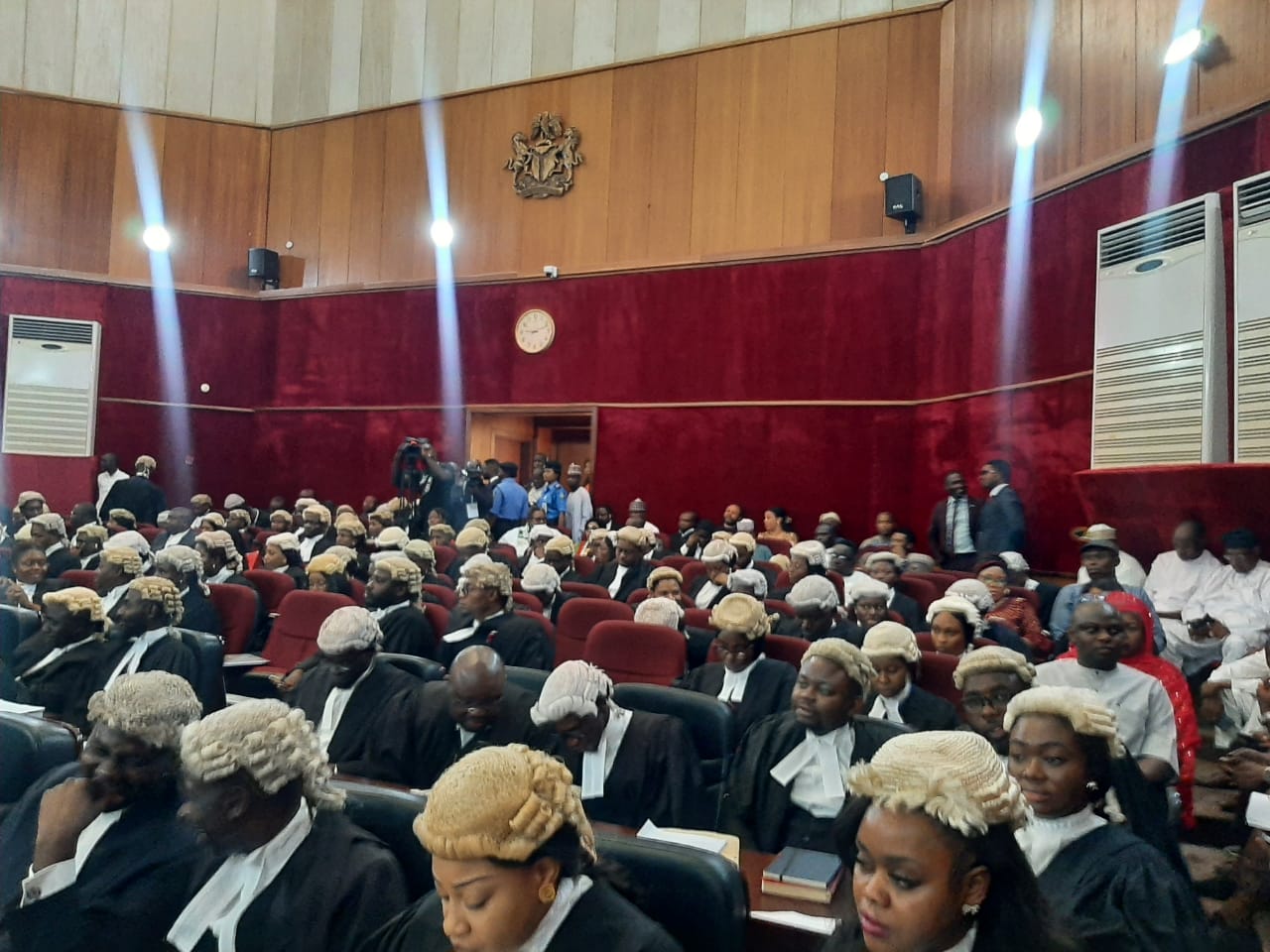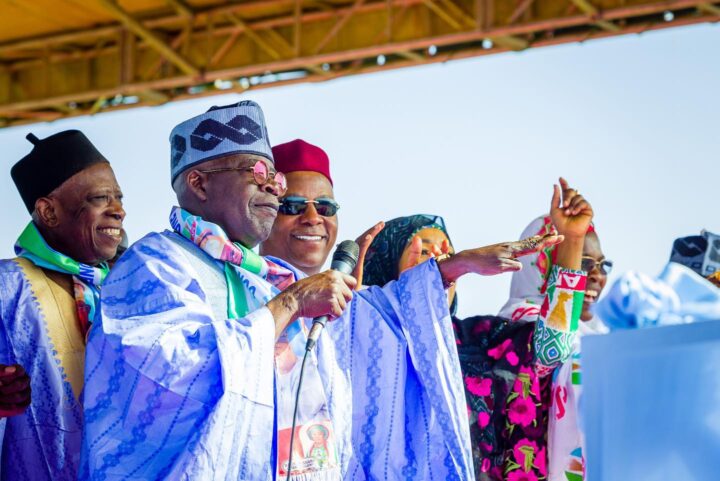Long before I was born, my family used to fight with the spirit of Ogbanje. I didn’t know this until I received the first chapter of the uncompleted manuscript of my father’s autobiography. This piece is the story of my quest to understand how my family defeated the Ogbanje spirit in us.
Recently, I have been thinking a lot about Ogbanje, or what the Yoruba call Abiku. It started when Nigerian writer, Akwaeke Emezi, announced themself as an Ogbanje, proclaiming on Twitter, “… all the beings and beliefs are just stories. At the end of the day, I don’t even exist”. That announcement reminded me of the day in Boston, Massachusetts when a woman sitting beside me at a diversity training stood up and stated with a smile that she was a witch. Considering that there were a series of witch trials in Salem, Massachusetts, between February 1692 and May 1693, I realized that the world had changed.
Just the other day as I watched Bola Tinubu, Nigeria’s president-elect, return to Nigeria following a 34-day stay in France, the poetry of Wole Soyinka and J.P. Clark on Abiku kept playing in my head. In the next few years, I could see Bola Tinubu doing what J.P. Clark calls ‘coming and going these several seasons’ to France and back to Nigeria, to the UK and back to Nigeria, to the US and back to Nigeria – all in search for somewhere to “rest”. I could hear Nigerians begging Bola Tinubu to “… step in, step in and stay/For her body is tired,/Tired, her milk going sour/Where many more mouths gladden the heart”.
Some see politics in poetry, but I see poetry in politics. I could hear Bola Tinubu responding to worried Nigerians by regurgitating the words of the first stanza of Soyinka’s poem, Abiku.
Advertisement
“In vain your bangles cast/Charms circles at my feet/I am Abiki, calling for the first/And repeated time.”
The prose is usual. It is poetry that is weird. Ogbanje is poetry. And it is not your regular poetry. It is in the category of unseen poetry.
In 2000, I upgraded the advance I was paying my Dad to write his autobiography. Intermittently, he would start and then abandon the project. I listened to his excuses but didn’t give up on him. I kept the pressure by insisting that, though making appearances at funerals and leading kinship meetings were important, our generations, yet unborn, would benefit more from his account of his life. Rather than threaten to cut off funding, I reminded Dad of that English poet who said, “If you do not want to be forgotten as soon as you die and rot, you either do something worth writing about or you write something worth reading”.
Advertisement
While home in September 2002, I finally saw some sample pages of my Dad’s autobiography. You are about to read an extract from one of the chapters.
*********************************************************************
I babysat three of my junior brothers, who later died in infancy. I still remember the death of the last one. Mother went to Afor Nnobi to sell her wares, and I was left with the child. I sang a lullaby for him and fed him when he was hungry. When the child was asleep, I laid him on the mat. Before long, he started crying, and I quickly carried him on my shoulders. I was only eight years old.
Suddenly, the child started wailing unabatedly. He was wailing and kicking. He struggled as if he wanted to be let loose. Several times, both of us almost fell to the ground. I supported myself by the wall while I positioned my two feet solidly on the ground. The duel lasted several minutes, and finally, the child fell asleep.
Advertisement
I laid him on the mat inside Mother’s mud house and joyfully joined my playmates outside. We climbed trees, played ncholokoto, and took turns to hide and seek. We also visited the anthill and sought the soldier ants. We were doing that when Mother came back. Upon seeing her, we sang the song:
Mama anata o-yo-yo Onata ojebekwa, o-yo-yo.
My mother dropped her basket and inquired about the child. I triumphantly told her the child gave me a hard time, that he cried for a while but was now sleeping. I went through her basket in search of snacks like akara and agidi while my mother went to the room to see how the child was doing. She tried to raise the child from the mat but suddenly released him. Then, my mother started to wail.
I was dumbfounded. There was commotion everywhere. Neighbors started pouring into our compound. The child was dead, I discovered. I did not feel the weight of what had happened until the dead child was laid at the center of our parlor and men and women of our clan gathered in our compound in a mournful mood.
Advertisement
Some men had gone to prepare the grave at the periphery of our compound. Almost immediately, the corpse, wrapped in a mat, was brought and buried. The wailing stopped instantly.
The successive nature of the death ignited consultations on the cause. My clan members agreed to consult the Chief Priest of Ukpaka Ndam. Mother had to sleep outside her room, for everyone believed the dead child would return. Belief in Ogbanje dominated discussions. To prevent the return of the dead child, my father made sacrifices at the threshold of our house so that the wandering Ogbanje would not return to my mother.
Advertisement
Every evening, before it was dark, my father would carry an earthen pot in hand and go around our compound, making incantations and spilling some liquid as he went. He would not respond to anybody greeting him until the ritual was over.
I would recoil to a corner and watch my father perform such a strange and awful ritual during those occasions. As soon as he finished the round, he would wash himself from a pot of water especially made for it. It was only when he had washed himself that he would then talk to people. This act continued for seven days consecutively. As soon as the seventh-day ritual was over, peace returned to the entire family.
Advertisement
****************************************************************
After reading the story above, many things made sense about my family. I am a sickle cell carrier (AS), and I bet Dad was one, too. I was waiting for the part of the story where Dad met Mum. I want to see if Dad did a blood test to check whether Mum was sickle cell-free (AA) before marriage. Or if it was just luck that made the child in this story the last Ogbanje.
Advertisement
I’m sad that I didn’t follow through as I should. In 2008, I received a typed copy of the chapters my father had written. When my father died in 2009, I published his autobiography under the caption, “Onyenkuzi (The early life of Hon. J. C. Okonkwo). Though it did not cover everything I wanted, the part it covered was rich and precious.
But I still wonder if science or just sheer luck made my family defeat the Ogbanje spirit in us. And will Nigeria be that lucky to have Bola Tinubu as her last Ogbanje? As for Akwaeke Emezi…
Okonkwo teaches Post-Colonial African History at the School of Visual Arts in New York City. He is also the host of Dr. Damages Show. His books include “This American Life Sef” and “Children of a Retired God,” among others
Views expressed by contributors are strictly personal and not of TheCable.
Add a comment

